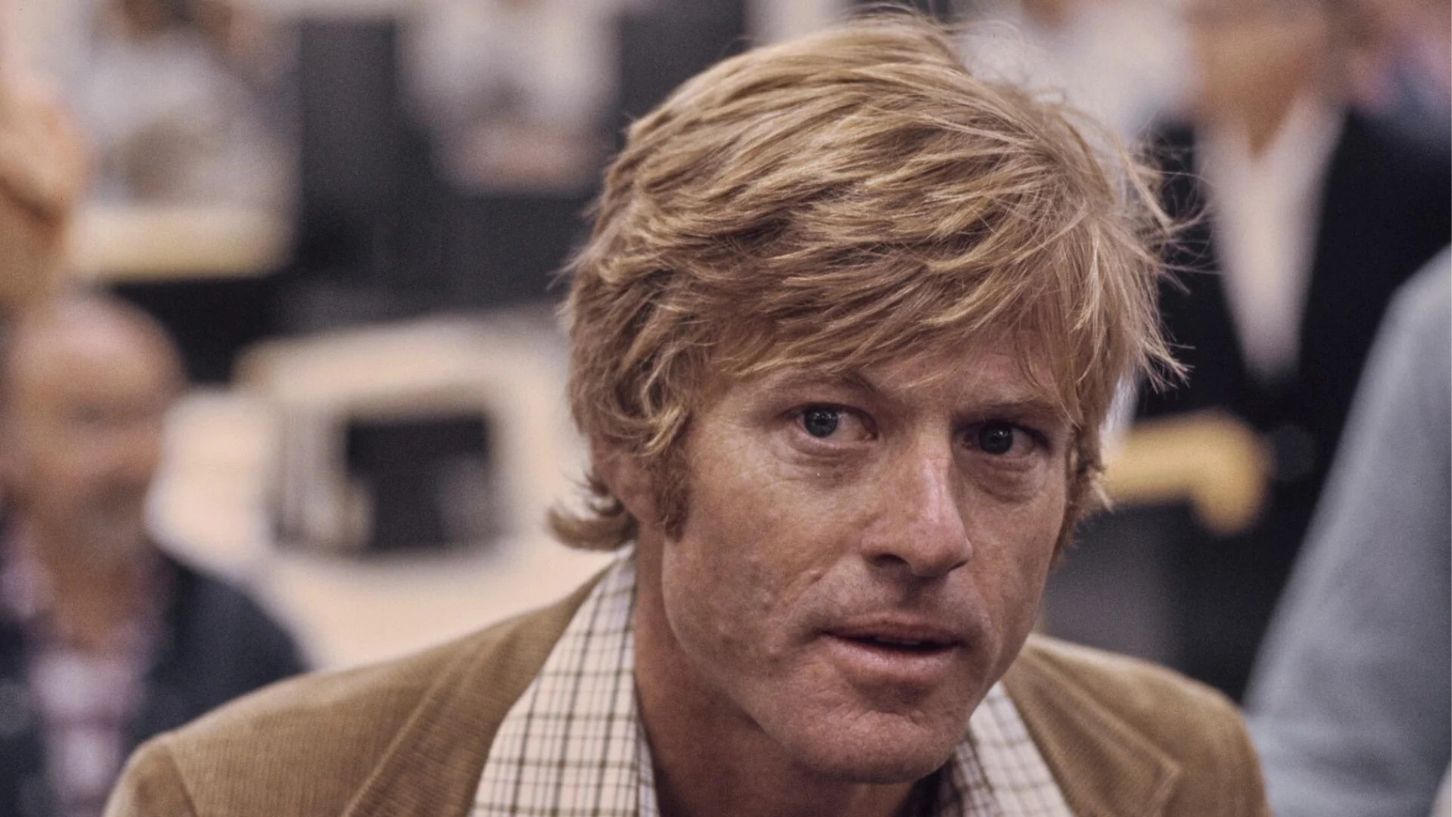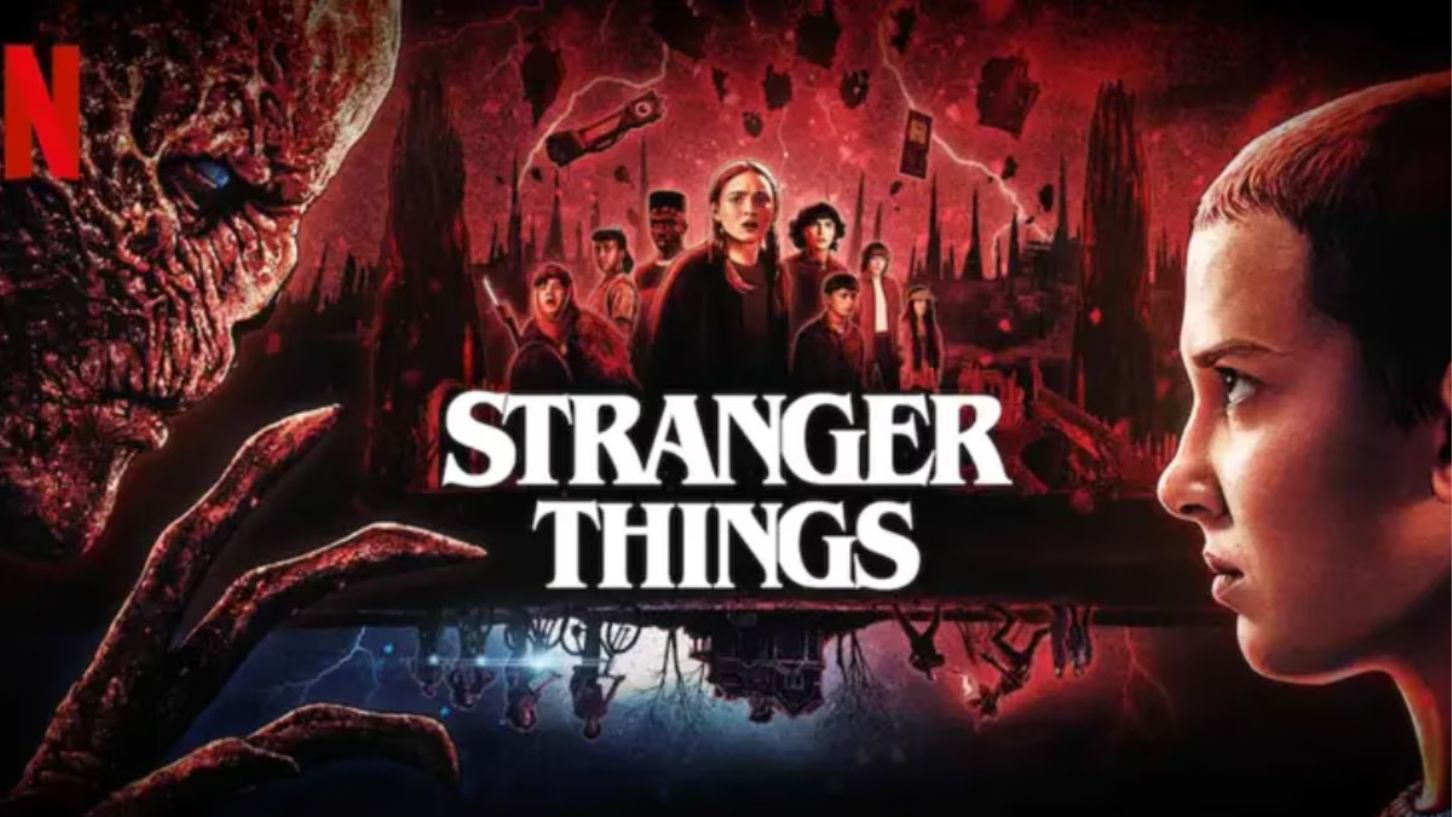Robert Redford, a Hollywood legend and Academy Award-winning filmmaker, died at the age of 89, leaving behind a unique heritage in cinema, environmental activism, and independent film. The dashing actor and the Oscar-winning director were surrounded by family at his favorite Sundance home in Utah on Tuesday, according to his campaign manager. Entertainment World mourns the loss of one of its most impressive figures, who has had an impact beyond the silver screen. Radford’s contribution to film and culture is immense, contributing to the establishment of a revolutionary Sunday Institute with his breakout role in “Buch Cassidi and the Sunday Kid”.
The Rise of Robert Redford: From Restless Youth to Hollywood Royalty
Born in Santa Monica, California, in 1936, Redford’s early life was marked by conflict and determination. His father was a milkman and accountant, often absent due to long-term working hours, while Young Redford found solitude in the children’s section of the local library, developing a charm with Greek and Roman mythology.
After losing its baseball scholarship at the University of Colorado due to drinking and educational conflicts, Redford acted as a “roostbout” for the Standard Oil Company, saving money to study art in Europe. This period of self-addiction and adventure shaped an independent spirit that would define his career.
On returning to the United States, Robert Redford enrolled in the American Academy of Dramatic Arts in New York City. Despite feeling out of place among students, he firmly said. Her first professional acting role came in an episode of “Perry Mason” in 1959, marking the beginning of an extraordinary career.
Cinematic Breakthrough and Iconic Partnerships
Redford’s Big Break came in 1963 when he acted in Neil Simon’s “Barefoot in the Park” on Broadway, a role she would later reproduce in a film version with Jane Fonda. However, it was a 1969 collaboration with Paul Numan in “Buch Cassidi and The Sundays Kid”, which actually launched him into stardom. The Western about a pair of outlaws won four Academy Awards and established Robert Redford as a leading man with a massive following. Redford was credited with helping the Pneumon secure the role and said that he would “be indebted to” his co-star. His on-screen chemistry was undisputed, leading to his reunion in “The Sting” (1973), which won the Academy Award for Best Picture. During the 1970s, Radford became synonymous with intelligent, complex characters in films like “All the President’s Men” (1976), where he played Washington Post reporter Bob Woodward investigating the Watergate scam. He was known as a prominent person of the late 1960s and 1970s, who was immediately recognizable for his curly hair and was widely loved for his easy charisma.
Directorial Vision and Oscar Glory
Redford’s talents expanded beyond acting into direction and production. His directing efforts included prize-winning films such as “Common People” and “A River Runs through it”, which intimately and emotionally display their ability to craft stories. “Ordinary People” (1980) gave him the Academy Award for Best Director, strengthening his position as a versatile filmmaker.
Champion of Independent Cinema
Perhaps Redford’s most permanent contribution to the film industry was his construction of the Sundance Institute, a non-profit organization that supports independent film and theater and is known for its annual Sundance Film Festival. Through the Sundance Institute, he became the patron of independent film, offering a platform for emerging filmmakers and alternative voices in cinema.
The Sundance Film Festival, to be held every year in Park City, Utah, has turned from a small gathering into one of the most prestigious film festivals in the world. Under the guidance of Redford, it became a launching pad for countless independent films and careers, which is democratizing the film industry and challenging the traditional power structures of Hollywood.
Environmental Legacy and Utah Connection
Redford was also a dedicated environmentalist, moving to Utah in 1961 and leading efforts to preserve the natural landscape of the state and the American West. He bought two acres of land for just $500 and built a cabin himself, later explaining: “I discovered how important nature was in my life, and I wanted to be where nature was extreme and where I thought it could maybe be everlasting”.
His environmental activism continued throughout his life, using his celebrity platform to advocate for conservation and climate change awareness. In October 2020, Redford voiced his concern about the lack of focus on climate change amid devastating western wildfires in an opinion piece he wrote for CNN.
Personal Tragedies and Resilience
Redford’s personal life was marked by both pleasure and tragedy. She married Lola van Wagonon and started a family, although her first child, Scott, suddenly died of infant death syndrome in 1959 after her birth. The couple had three more children: Shuna, David, and Amy. Sadly, in October 2020, Redford’s 58-year-old son, David James Redford, died of cancer, following in his father’s footsteps as a worker, filmmaker, and philanthropist.
Final Years and Lasting Impact
Redford continued to act well in his later years, reunited with Jane Fonda in the 2017 Netflix film “Hamari Sols at Knight”, and starred in “The Old Man and the Gun” at the age of 82, which he initially said would be his last film. However, it is true for his restless feeling, he formally refused to retire from CBS in 2018, stating Sunday morning: “For me, retirement means to stop something or leave something. To lead this life, why not as much as you can do?” As Hollywood mourns Robert Redford’s disadvantage, cinema’s influence on environmental protection and independent filmmaking continues to echo. Friends and former colleagues, including Barbara Streisand, Meryl Streep, and Jane Fonda, are paying tribute to a person who not only used his star power for entertainment but also believed in the reasons for the champion and nurtured the filmmakers of the next generation. Robert Redford’s legacy is far ahead of the box office numbers or awards. He overtakes a converted film industry, a generation of independent filmmakers that he helped launch, and a model for how celebrities can use their impact for meaningful changes. His death marks the end of an era, but his contribution to cinema and society will be remembered for generations to come.



